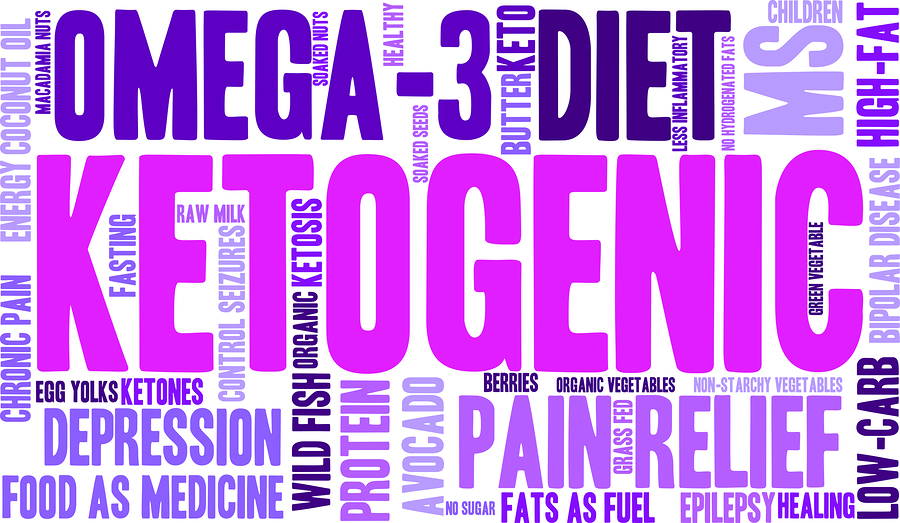- Make It Yourself Lavender Heart-Shaped Bath Bombs!
- 20 Things You Never Knew About “Down There”
- 12 Best Foods For Those Suffering From Arthritis Pain
- 12 Personal Hygiene Mistakes Almost Everyone Makes (Mom Never Told You About #4!)
- 15 Medicinal Plants And Herbs From The Cherokee People
- 12 Mind-Blowing Benefits Of Drinking Coconut Water During Pregnancy
- 12 Outstanding Winter Foods That Won’t Fatten You Up Like A Christmas Turkey
Can The Ketogenic Diet Help Beat Cancer?

Photo credit: bigstock.com
Cancer (along with heart disease) is the number one fatal disease in the developed world. Many people sadly seem to just accept this as a rite of passage with getting older, but cancer needlessly clams the lives of people of all ages. The desire for an escape from cancer has led to many innovative treatments, and unfortunately, some dubious snake oil “cures” as well.
But what if cancer could be beaten or prevented by simply changing one’s diet? The idea that the food one choses to eat can influence the outcome of cancer or stop it from ever developing is a new and controversial one, but new research has emerged showing that it may be an effective approach for defeating this terrible disease. This article will explore the potential of the ketogenic diet to fight cancer.
What is the Ketogenic Diet?
The ketogenic diet is a radical departure from typical Western eating habits. The “Keto” lifestyle calls for a strict diet of around 70 percent fats, 25 percent proteins and 5 percent carbs.
70 percent fats!? Yes, you read that right.
This may sound like blasphemy to most people who’ve been conditioned for the last few decades to believe that fat is the source of all health problems. But new research suggests that eating more fat may actually be healthy for you and assist in fighting cancer cells — provided that you are also eliminating some other food types from your diet.
The ketogenic diet forbids refined carbohydrates, like breads, pasta, legumes, and cereals, and limits “good” carbs to around 50 grams per day. Also important is the restriction of sugar. Sugary junk food is forbidden, as is juice and fruit.
In many cases it is, but not in the opinion to ketogenic adherents. The sugars contained in fruit are, in their view, not worth the risk. The ketogenic diet is similar in many respects to the Atkins and Paleo diets, but is more restrictive.
What is the benefit of all this? The ketogenic diet is designed to keep your body in a metabolic state known as ketosis.
When a person eats a “normal” diet rich in carbohydrates, their body will produce a sugar molecule called glucose, which is then converted into energy for the body. Glucose stimulates the production of insulin, which is then used to transport the glucose molecules throughout the body.
Here’s the problem: Since these glucose molecules are providing all your body’s energy, the fat in your diet is not required to produce any energy, so it simply gets stored in the body.
That’s right — eating lots of carbs can make you fat.
This is where the ketogenic diet comes in. When your body is in a state of ketosis, you never produce all that glucose in the first place. Instead, your body burns the fat you’ve eaten as fuel to provide you with energy.
Anatomically modern humans have existed for some 200,000 years, and for most of this time, people ate diets that kept their bodies in a state of ketosis. They ate high protein, high fat diets that provided a great deal of fat energy. It was also common in this era for people to have to fast for days at a time, since food wasn’t always available to hunter-gatherers.
For this reason, occasional fasting is also popular among followers of the ketogenic diet. Some ketogenic dieters practice intermittent fasting, going a few days without food at all.
Continue to Page 2
































